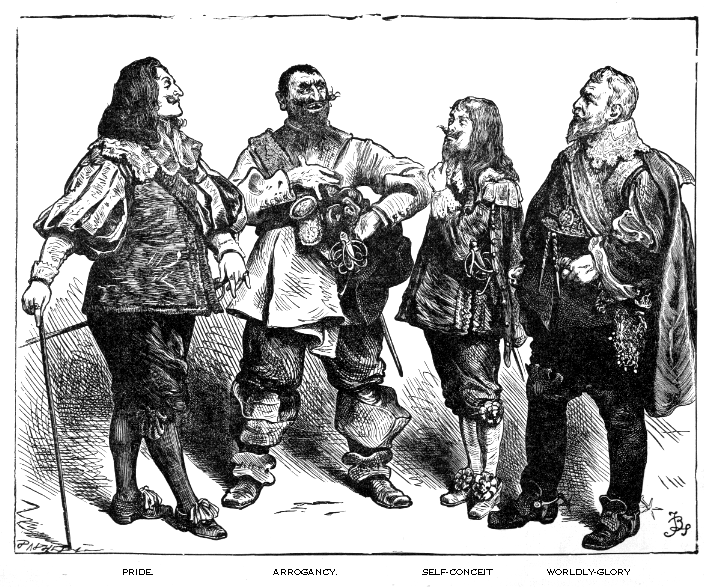Are you bombarded by words, helter-skelter in a torrent of prose, aimed at you daily? Too much advertising, too many emails?
I recommend that you try and engage the other half of your brain for a while. Take up this anthology and begin to read as if you were reading a shopping list, or the ingredients on a packet of cornflakes. Do not on any account look for meaning. Simply read the words, preferably aloud. Then read the poem again, still passively. Read it a third time, letting it permeate your soul. Then read it once more, this time in the way the words tell you they want to be read. You are there. You have imbibed all that you are ready for from the poem today. Read it again tomorrow, next week or next year, and you will have new insights. For these are poems to last you a lifetime.
They are small, still pools, deceptively inconsequential to the casual passer-by but to the pilgrim traveller a source of deep refreshment and delight. Dive to their uttermost depths, and they will take you to the centre of the earth.
They have their parallels in haiku, expressing much and suggesting more in the sparest possible language. Also of course, more obviously, in Celtic prayer. But they are not at all self-consciously ‘arty’ – one reviewer said of his poems ‘Even if you think you don’t like poetry, try this’, and I agree.
I can quote some of my favourite phrases, but of course they need to be read in context:
On Iona (p.2): “A place found only sometimes By those who have lost their way”.
The Words (p.4): “All night I wrestled with an angel, sure He carried words that I must make my own.”
After the Storm (p.7) “The fields were filled with mirrors, glass stretches Reflecting a breaking sky.”
Edith (p.39) “It’s not how you live your life, it’s how you go to the gallows“.
The anthology begins and ends, appropriately, with an echo:
“a place made of stone
Out off the west of the world,
Roughed nine months by gale,
Rattled in Atlantic swell.’
And we end (p.48):
“Enough to wait here by the wood’s edge
And let the things still hurrying to be done
Fall silent, as the first stars
Vague the orange of the far-off West.”
 “It was by coracle that the early Celts made journeys on the sea roads of their time. A coracle is a tiny vessel, yet it is sufficient to carry one soul for a whole voyage. This collection of poems is about voyages, both real and figurative: journeys of many kinds. It is about facing danger and doubt with faith – against all odds. ”
“It was by coracle that the early Celts made journeys on the sea roads of their time. A coracle is a tiny vessel, yet it is sufficient to carry one soul for a whole voyage. This collection of poems is about voyages, both real and figurative: journeys of many kinds. It is about facing danger and doubt with faith – against all odds. ”
This is to be published by SPCK on April 17th.
- Paperback: 64 pages
- Publisher: SPCK Publishing
- Language: English
- ISBN-10: 0281072094
- ISBN-13: 978-0281072095
- Kenneth has his own website: he is a prolific author and many of his books are available on Kindle. You can hear him read one of his poems, in the softest of Scots accents, here.
You can read some of his other poems here.














Recent Comments